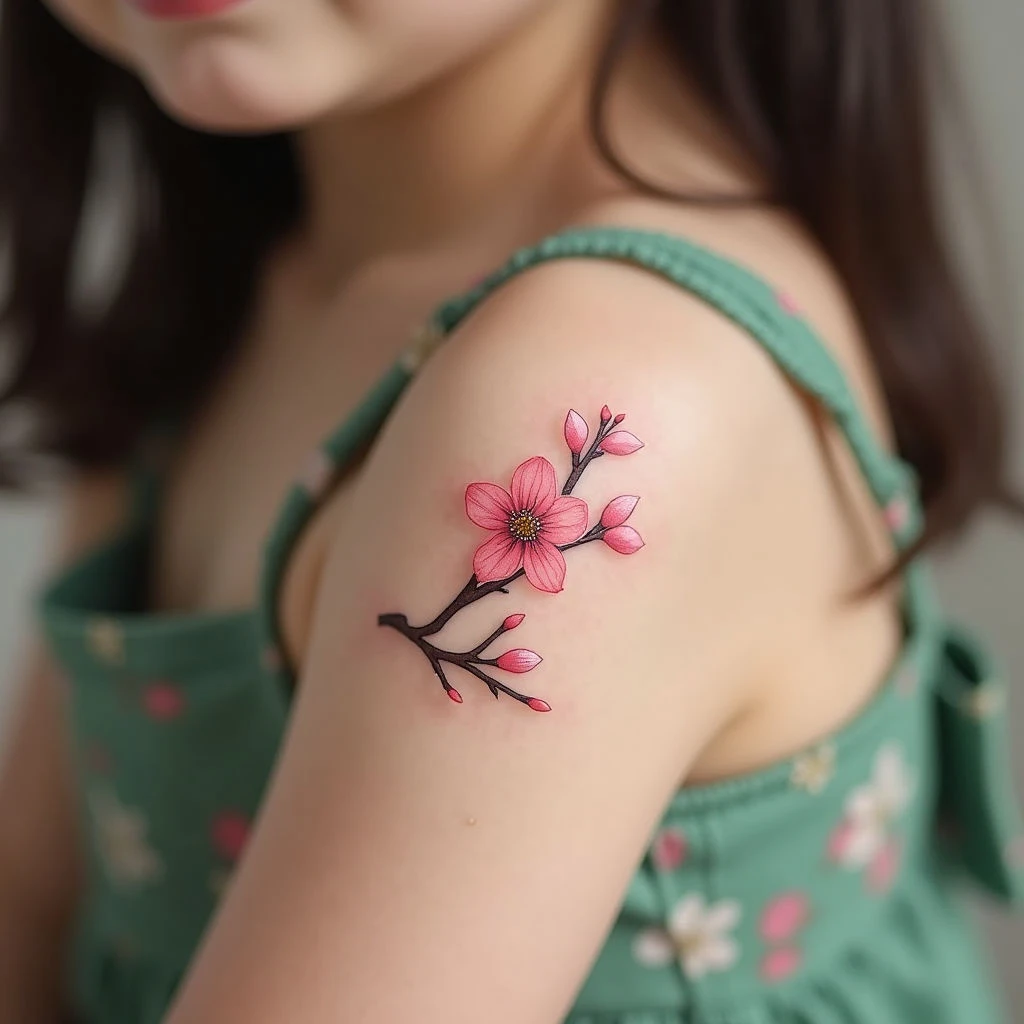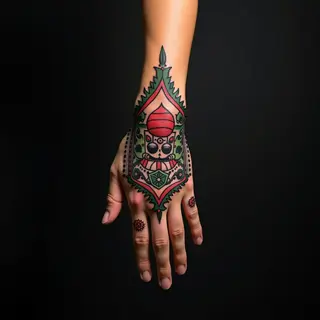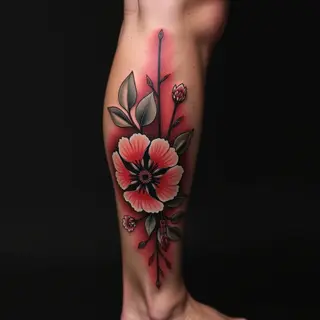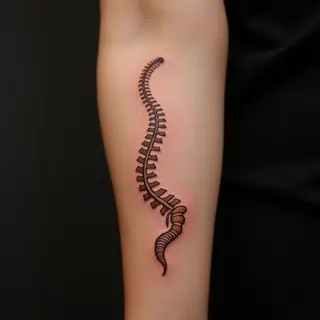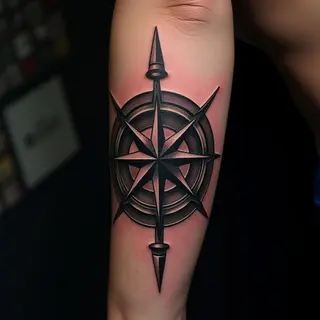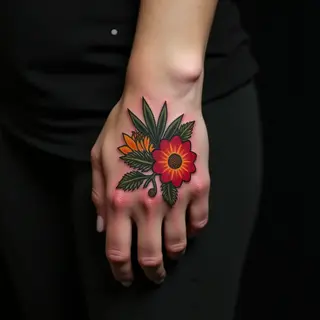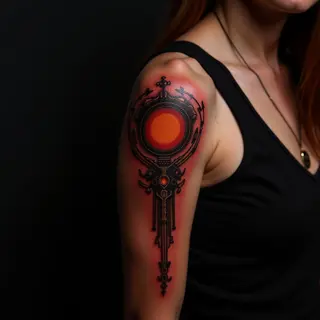Irezumi for Children: A Guide to Meaningful Designs
Even the smallest irezumi marks hold deep meaning. Tattooing a child is a significant undertaking, demanding respect, careful thought, and adherence to cultural traditions—it can also be a beautiful way to connect with heritage and family.
Understanding the Symbolism
Traditional Japanese imagery carries powerful positive connotations. A single cherry blossom (sakura), for example, speaks to life’s fleeting beauty and its preciousness. Koi fish embody perseverance, courage, and good fortune—qualities we want to instill in a child.
Consider playful depictions of rabbits or cranes; they bring joy and longevity. These aren't just illustrations; the symbolism truly elevates them.
Design Considerations for Young Skin
Simplicity is paramount when tattooing a child. Delicate linework and soft colors—gentle pinks, calming blues, or earthy greens—create a subtle and pleasing effect.
Placement matters too; less visible areas like the arm or ankle are often preferred for their discretion.
Prioritizing Safety and Respect
Finding a reputable artist experienced in tattooing delicate skin is absolutely essential. Strict hygiene and sterilization protocols are non-negotiable to ensure the child’s safety and comfort.
Ultimately, irezumi isn't just about applying ink; it’s a journey rooted in respect for tradition and the individual.
